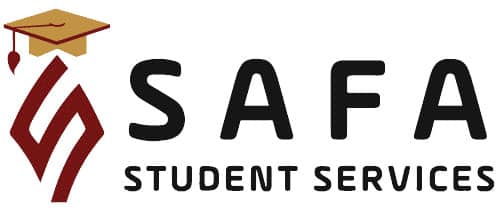Aerospace engineering
Specialty
Engineering
Degree
Bachelor's
Master
PhD
Language
Turki, English
Duration
4 years
Start Form
4000$
جدول المحتويات
Aerospace engineering specializes in vital fields in the current era, playing a key role in the design and development of aircraft, spacecraft, and related technologies. The aerospace industry relies on the principles of aerospace engineering to ensure the safety and efficiency of aviation operations and navigation. Turkey is one of the leading countries in the study of aerospace engineering, thanks to its significant scientific advancements and keeping pace with technological and industrial developments in recent years. This article will provide a comprehensive overview of studying aerospace engineering in Turkey.
What is the Aerospace Engineering Program?
This discipline covers a wide range of topics including aircraft design, aerodynamics, structural systems, aircraft propulsion, and flight mechanics. It also includes the study of control systems, simulation, space technologies, as well as the development of air navigation systems, drones, and spacecraft.
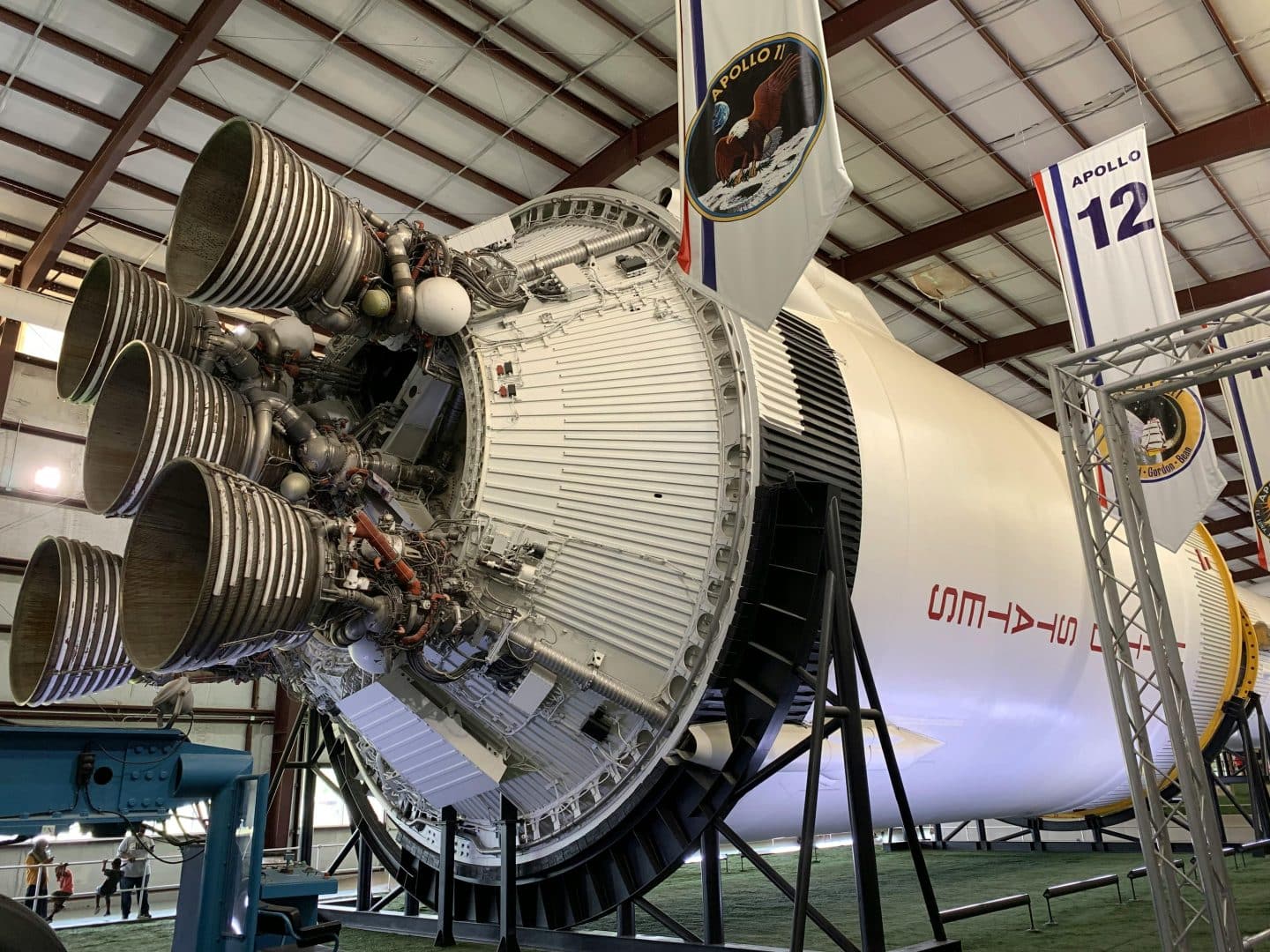
Aerospace engineers rely on a deep understanding of physical principles, mathematics, and modern technologies to design and develop the systems and devices used in aviation and space.
Studying Aerospace Engineering in Turkey
Higher education in Turkey boasts many world-class universities that offer high-quality study programs in aerospace engineering. These universities equip students with the knowledge and skills necessary to succeed in this vital engineering field.
Turkish universities offer specialized programs at a high level in the field of aerospace engineering, with the study period being 4 years. The curriculum is designed by specialists and experts, as the major is highly popular among students in various universities due to its importance and distinction in the job market. Recently, thanks to scientific advancements, Turkey has become one of the leading countries specializing in the study of engineering in its various disciplines, including aerospace engineering.
Courses Taught in Aerospace Engineering
The study of aerospace engineering includes many different theoretical and practical subjects, in addition to subjects like calculus, differential and integral calculus, statics, engineering statistics, and basic engineering drawing. The main subjects taught throughout the four years of study are:
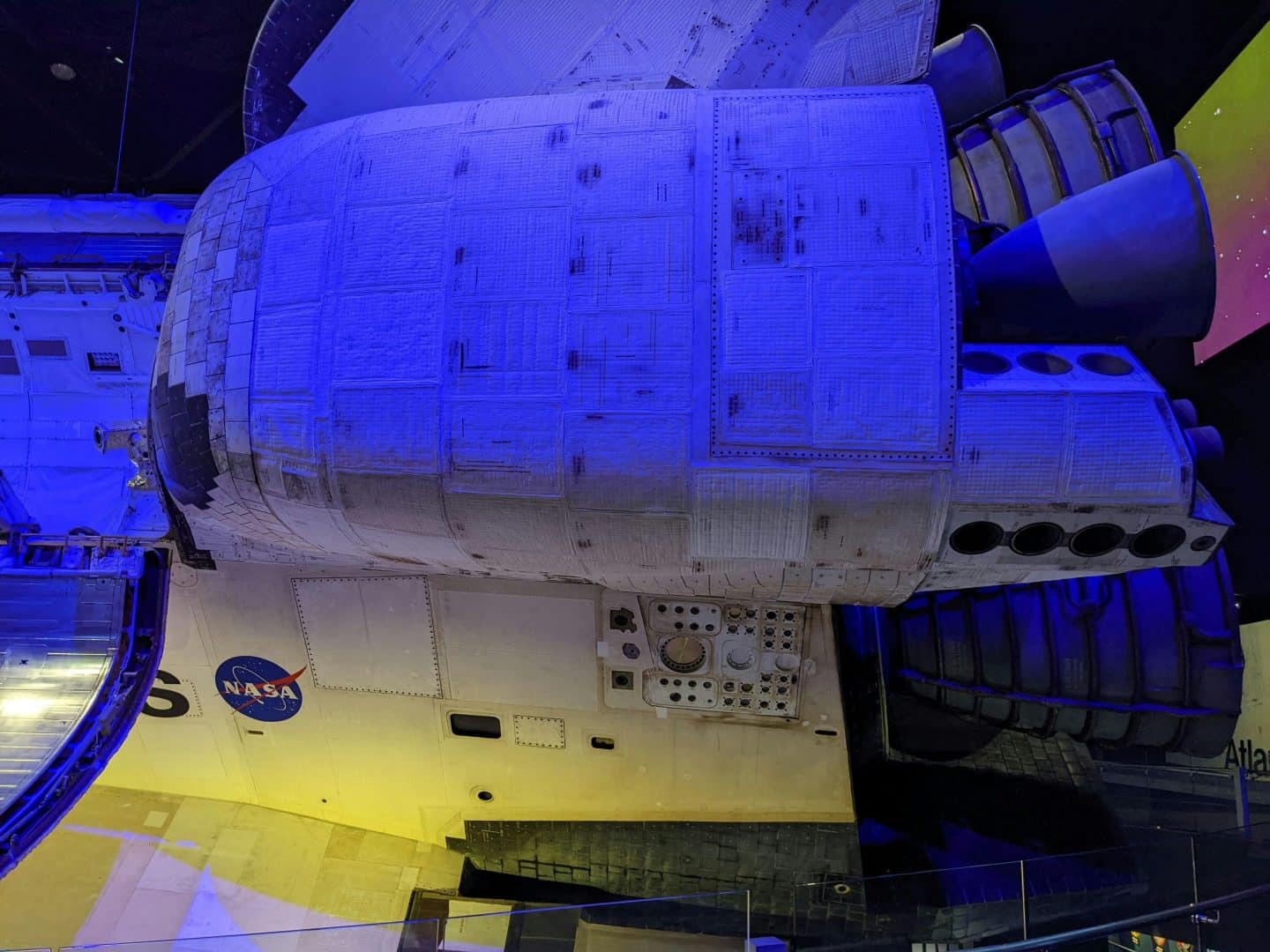
First Year
- Exponential and logarithmic functions
- Calculus
- Foundations of mathematics
- Algebra and linear equations systems
- Physics sciences and Newton’s theories and applications
- General chemistry
- Introduction to algorithms
- Programming
Second Year
- Probability and random variables
- Differential equations
- Basic aerodynamics
- Flight mechanics
- Introduction to aircraft structural systems
- Propulsion systems
Third Year
- Aircraft design
- Advanced structural systems
- Flight dynamics
- Control systems and automation
- Space technologies
Fourth Year
In this year, the student prepares a graduation project, either individually or with colleagues. The project must cover engineering developments in the field of specialization, with content varying based on the research interests of the students and the supervisor. The student works on completing the project application and testing procedures during the first and second semesters of this year.
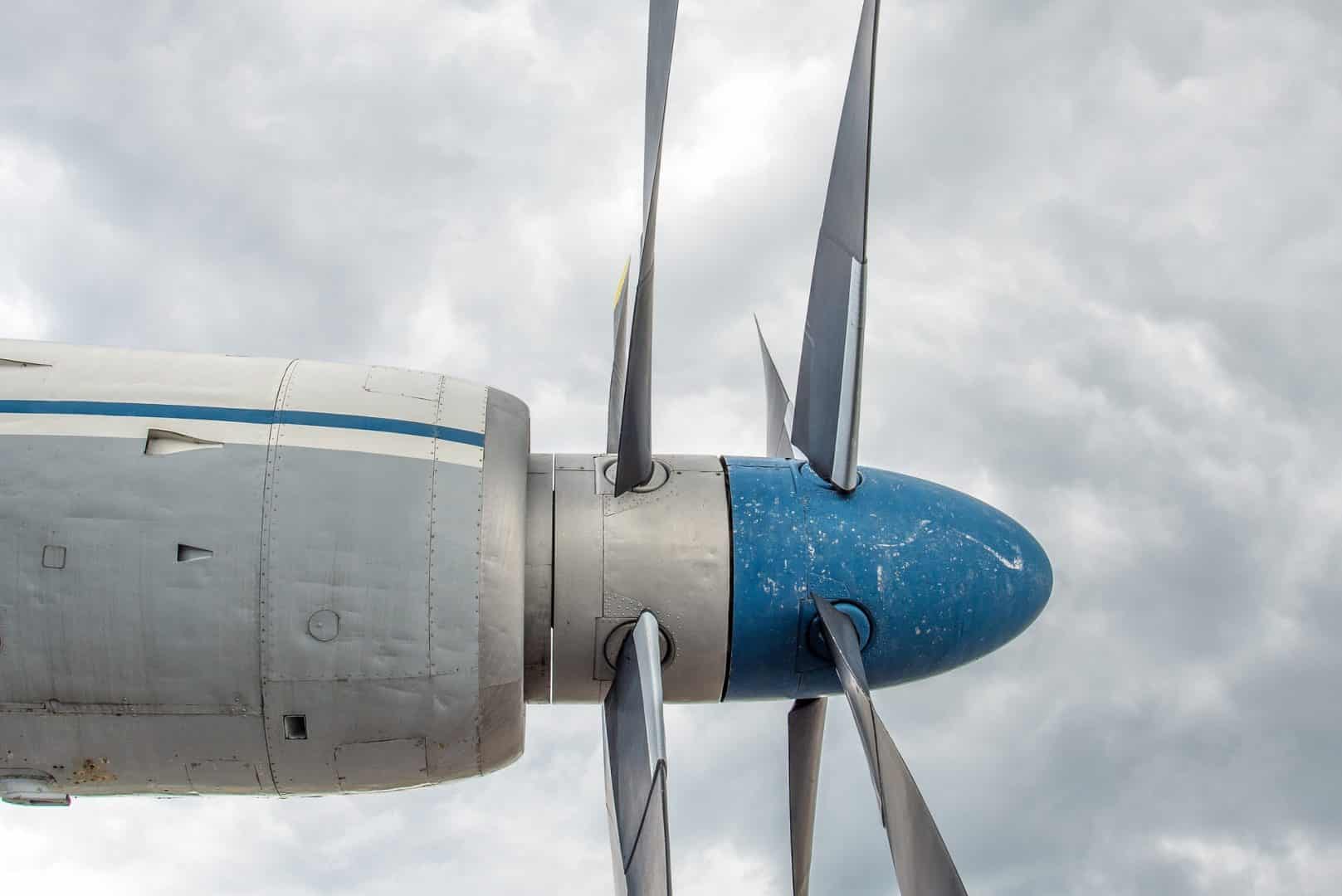
What Students Learn in the Aerospace Engineering Program
Students in aerospace engineering learn a range of fundamental and advanced knowledge and skills that will help them later find deserving job opportunities. It is important for students to learn the following:
- Understanding basic aerospace principles: Students learn about fundamental concepts in aerodynamics and flight mechanics.
- Aircraft and spacecraft design: Students gain knowledge in designing and analyzing aircraft and spacecraft.
- Programming aerospace systems: Students learn how to program and control aerospace systems using various programming languages.
- Propulsion systems: Students learn about different propulsion systems used in aviation and space.
- Space technologies: Students gain a deep understanding of space technologies and how to design and develop space systems.
- Control systems: Students learn about the principles of designing and applying control systems in aircraft and spacecraft.
Duration of Aerospace Engineering Study in Turkey
The duration of a bachelor’s degree in aerospace engineering in Turkish universities is 4 years, divided into 8 semesters. Additionally, a student can opt for a preparatory year for language study if they do not have a language proficiency certificate, whether in Turkish or English, depending on the university’s requirements.
You can register with us now at Safa Company and get your university admission easily. Safa Company is your first educational companion: Contact us via WhatsApp.
You can register with us now at Safa Company and obtain your university admission easily
Safa Company, your first educational companion: Contact us on WhatsApp
Top Turkish Universities for Studying Aerospace Engineering
There are many Turkish universities offering aerospace engineering studies. However, the most important and prominent universities in Turkey offering this specialization, particularly private universities, are:
- Bahçeşehir University
- Istanbul Bilgi University
- Beykent University
- Istanbul Okan University
- Istinye University
- Altinbas University
- Özyeğin University
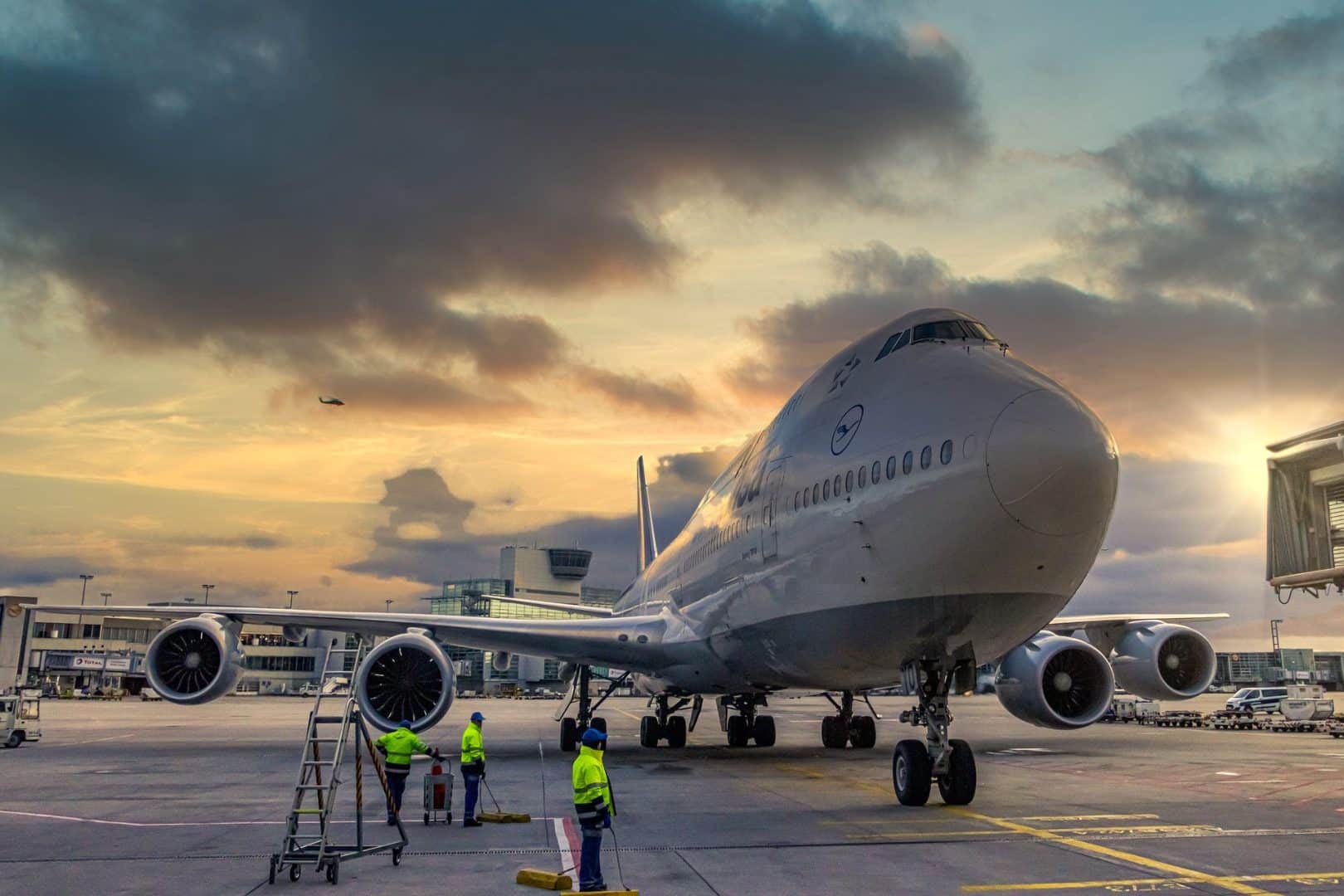
Studying Aerospace Engineering at Bahçeşehir University
Bahçeşehir University in Istanbul, Turkey, is one of the leading universities in the country. The university offers distinguished programs in many specialties, including aerospace engineering. Here are some of the advantages of studying at Bahçeşehir University.
Advantages of Studying at Bahçeşehir University
- Education in English: Most programs at the university, including aerospace engineering, are taught in English, providing students with an advantage in the global market and increasing their opportunities for work and study abroad.
- International Programs and Student Exchange: The university is a member of a global network of universities and offers many opportunities for student exchange programs with partner universities in Europe, the United States, and other places.
- Modern Facilities: The university includes modern laboratories equipped with the latest technologies and tools that students need to conduct practical experiments and scientific research.
- Research Opportunities: The university encourages scientific research and provides many opportunities for students to participate in research projects under the supervision of distinguished faculty members.
- Practical Training and Industry Collaboration: The university offers opportunities for practical training in prestigious companies and industrial institutions, providing students with valuable practical experience that enhances their skills and increases their employment opportunities after graduation.
- Strategic Location: The university is located in Istanbul, one of the most important historical, cultural, and economic cities in the world, offering students a rich cultural experience and many professional opportunities.
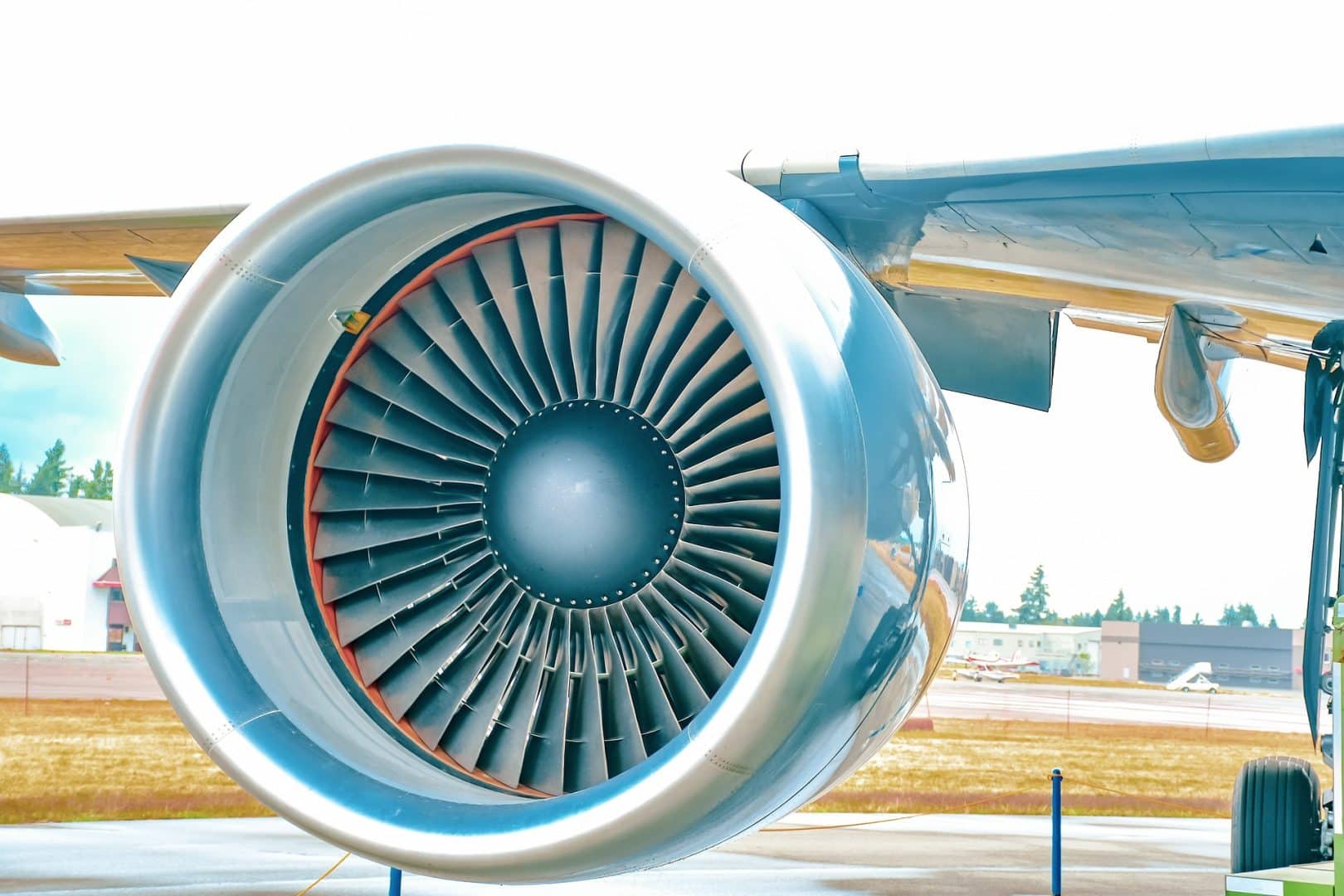
Costs of Studying Aerospace Engineering in Turkish Universities
The fees and costs of studying aerospace engineering in various Turkish universities vary depending on several factors, including the language proficiency of the student before acceptance at any university. If the student does not know Turkish or English, they will have to learn it through an additional preparatory year, which will increase the cost of study.
Additionally, many other factors affect the cost, such as the fees of each university, the facilities provided to students, whether they have modern technologies, and the global and local ranking of the university.
Opportunities
Graduates of aerospace engineering can work in many fields. It can be said that the areas where graduates of this specialty can find job opportunities include the following:
- Aircraft and spacecraft design
- Propulsion systems for aircraft and rockets
- Structural systems for aircraft
- Air navigation and aviation electronic systems
- Space systems and satellite design
- Research and development in academic and industrial institutions
- Aircraft and spacecraft manufacturing companies
- International space agencies
Aerospace engineering is considered an advanced and desirable specialty in the current job market due to the continuous advancements in aviation and space technologies.
Specialty Price for Aerospace engineering in Turkish Universities
| # | List of universities | Turkish | English | Enroll |
|---|---|---|---|---|
|
1 |
Istanbul Gelisim University |
4000$ |
6000$ |
Related Programs
Follow the latest programs
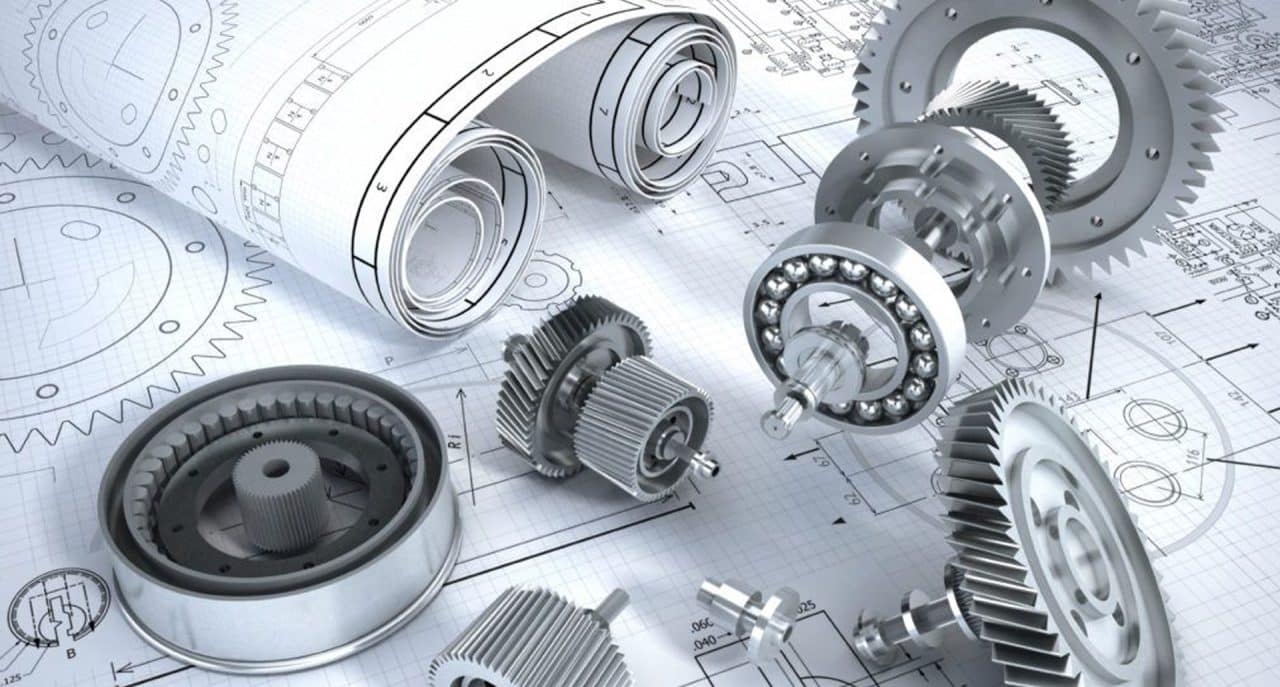
Industrial product design
Industrial Product Design is an engineering field focused on developing products from the initial concept to actual production. This discipline...
See More
Information Systems and Technology
The rapid digital advancement in our world has made studying Information Systems and Technology in Turkey an unparalleled opportunity. As...
See More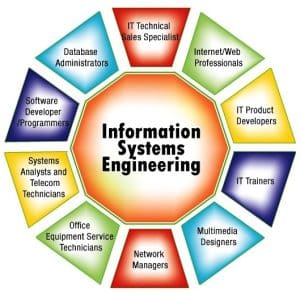
Information Systems Engineering
Studying Information Systems Engineering in Turkey is one of the best choices for students who aspire to pursue this field...
See More
Energy systems engineering
We all believe that we will always have energy anywhere in the world and at any time and in unlimited...
See More
Medical equipment engineering
The field of medical equipment engineering specifically specializing in medical equipment, combines the fields of medicine and engineering. It is...
See More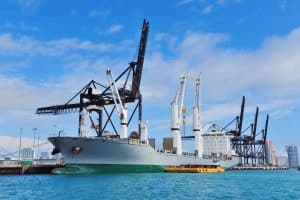
Marine Engineering
If you have a passion for ships, their operation, and control, you can choose to study marine engineering. In this...
See More
